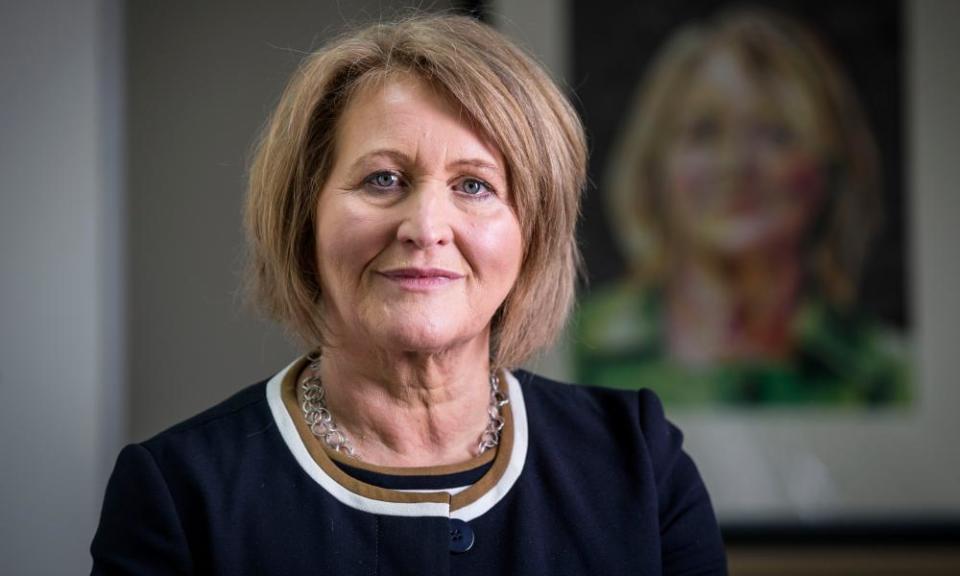'Bad parent': children's watchdog to accuse state of care failings in England

The children’s commissioner for England will deliver a damning indictment of children’s social care in a speech on Tuesday and accuse the state of too often being a “bad parent”.
Anne Longfield, who is coming to the end of her tenure, has become increasingly vociferous about the shortcomings of the care system, which she accuses of failing thousands of vulnerable children who are falling through the gaps and into the clutches of criminals.
She will say the system is in need of urgent reform and additional funding if it is to survive and protect those in its care. She will call for children to be more involved in the decisions made about their care, and will challenge politicians to do more than simply apply a sticking plaster to a system in crisis.
“I want us to be ambitious for all children in care,” she is expected to say. “When the state steps in, it needs to help set up children for life, not increase their chances of ending up on the streets or in prison.”
She will add: “The truth is while the state can be a great parent, it can also be a really bad one. In fact, sometimes so negligent that it would risk having its children taken into care if it was an actual parent.”
The speech, which is likely to make for uncomfortable listening for the government, looks ahead to an independent review of children’s social care that is expected to be announced shortly by the government.
Longfield will warn that the care system is standing on “the edge of a precipice”, buffeted by Covid-19 and overwhelmed by demand. Referrals have gone up 100% in the last decade while funding has declined by 16%.
It has not kept up with the cohort of children it serves, she will say, and there are children the system really struggles to accommodate. “It treats them as a risk to be managed, not a life to be lived. Despite the best efforts of some staff, these children can experience a system devoid of empathy, compassion and love.”
Longfield will call on politicians to act. “I often talk about the choices facing politicians – and this is one of them. You know the system is failing thousands of children, you know it needs urgent reform and you know it can’t survive for much longer without serious investment.
“Will you apply a sticking plaster? Or will you stand up for the thousands of children who are in your care and do what needs to be done, so that every child is not just protected, but also given the support they need to live their best life? The decision you make will shape the lives of hundreds of thousands of children for decades to come.”
Meanwhile, social services bosses have called for a statutory register for children educated at home, as new figures revealed that the number of pupils being taken out of school for “elective home education” had risen by 38% year on year.
The Association of Directors of Children’s Services (ADCS) estimates that as many as 75,668 children were home-educated on 1 October, up from 54,656 a year earlier, with many parents citing health concerns about the pandemic.
Gail Tolley, who chairs the ADCS’s educational achievement policy committee, said: “We want to be able to support these families to make sure they are making an informed decision and are equipped to offer a good and broad education to their children. However, without a statutory register it is impossible to know of every child or young person who is being electively home-educated.”
Responding to the children’s commissioner’s speech, a Department for Education spokesperson said: “We are supporting councils to meet the increasing challenges they face as a result of the pandemic and we are placing social workers into school to help teachers notice the signs of abuse of neglect more quickly.
“But we are also addressing underperformance where it exists, and our bold, broad and independently led care review will support improvements to children’s social care.”

 Yahoo Finance
Yahoo Finance 